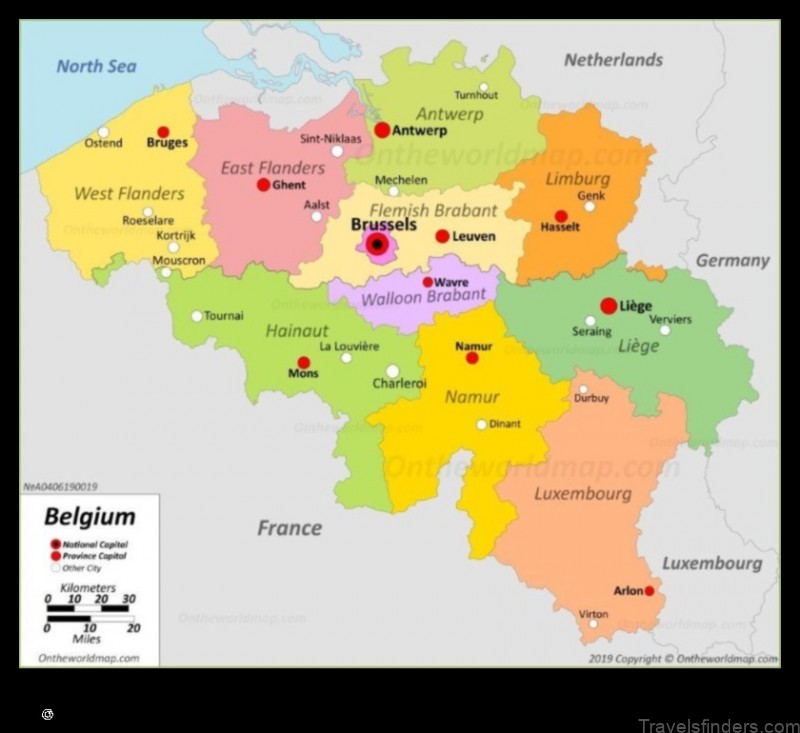We live in an increasingly shrinking and interconnected world, as innovation and technological advancement continue to change the nature of interaction and commerce in the modern age. This is no more evident than in the fields of business and commerce, where it is increasingly easy for entrepreneurs to launch global ventures and reach a wider, target market.
Technology has also helped to reduce the cost of international business travel, increasing the amount of overseas trades and visits on an annual basis.
With 2017 set to be the year of the inexpensive business flight, this trend is likely to continue at pace and you yourself may be travelling abroad in the name of your company soon.
What are the Basic Tips for European Business Travellers?
Travelling abroad in the name of business is not always as glamourous as it seems, however, while my own experiences of visiting Europe to meet with clients have been mixed.
With this in mind, here are some useful business travel tips that will enable you to enjoy a seamless European experience: –
Seek Out Professional Guidance and Expertise
When I first visited the continent on a business trip, I was not aware that there were specialist service providers who can help plan your schedule and ease the seemingly endless booking processes. This was a major oversight on my part, as these entities can help you to organise your trip more effectively while saving considerable sums of your employers’ money.
From 24-hour, emergency support to rapid, real-time hotel booking facilities, outlets such as Statesman Travel provide an invaluable service in the modern age. This is particularly true for urgent business trips that need to be taken at short notice, as in these instances it is impossible to seek out cost-effective bookings and create a viable itinerary without some professional assistance.
Get Your Necessary Visas and Documentation Early
Although this may sound unnecessary when visiting Europe, this depends entirely on your precise destination. While a Visa or specialist documentation is not required (currently) to visit a fellow EU-member state, you will need to apply for approval when travelling to those outside of the single currency (such as Turkey or Serbia, for example).
Of course, the next few years may see allUK business travellers require a visa when visiting EU-member states, particularly if the British government triggers Article 50 and expedites the nation’s departure from the union. This is certainly something to keep a keen eye on, while also ensuring that you research your destination thoroughly and apply for any necessary documentation as soon as possible.
Become Linguistically and Culturally Adaptable
As I have already said, my first business trips to the continent were largely disappointing, mainly because I was young and ignorant of my surroundings. Over time, however, I learned that regular business travellers must become culturally and linguistically adaptable, particularly if they are to engage clients make the most of their overseas experience.
So, learning the culture of any new destination is crucial, as you break out of your comfort zone and rethink everything you know about the continent. Pay attention to the latest news as well as pertinent history, as this will enable you to showcase knowledge and converse comfortably with your international colleague.
In terms of language, I would also recommend that you pack a pocket book of useful phrases and linguistic basics (depending on your location, of course). This can help you to enjoy an easier time abroad, while also ensuring that you earn the true respect of your new compatriots.











